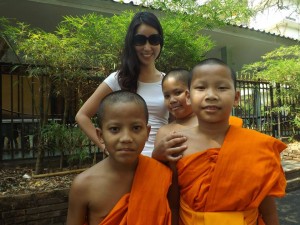 RGS-IBG Annual Conference 2016: Nexus Thinking
RGS-IBG Annual Conference 2016: Nexus Thinking
London, 30th August – 2nd September 2016
CFP: Geographies of Religion and Spirituality: Beyond the ‘officially’ sacred
Session Convenor(s):
Jaeyeon Choe (Bournemouth University, UK)
Michael Di Giovine (West Chester University, US)
Michael Hitchcock (Goldsmiths, University of London, UK)
Michael O’ Regan (Bournemouth University, UK)
Religious spaces facilitate not only historical and traditional rituals and practices, but also social activities such as festivals, games, feasts, travel, sports as well as weddings and funerals (Chick, 1991). In greater and complex societies, religion has become secularized as religious options, personal choice and quests outweigh religious obligation (Graburn, 1983; Possamai, 2000; Turner & Turner, 1978). There has, for example, been increased participation in spiritual activities among tourists at pilgrimage sites (Timothy & Olsen, 2006). Whilst many of people at the sites are motivated by devotion, a large number of sites are shared by tourists and touristic processes. Indeed, many pilgrimage sites have often themselves become secularized (Di Giovine & Picard, 2015). Thus, the distinction between pilgrims and secular tourists has been diminishing, and “not only pilgrims not be easily separated out from secular tourists in this (post-) modern and ‘post-traditional’ age wherein sacrality is often divorced from pure religion” (D’Agostino & Vespasiano, 2000, p. 5). Pilgrims often “share many of the physical infrastructures and service providers as secular travelers…pilgrimage trails and destinations have been given new life through modern, secular tourism” (Di Giovine, 2011, p. 249). As such, pilgrims and tourists exist on a continuum of sacredness and secularity (Smith, 1992), and the distinction between tourism/pilgrimage, tourist/pilgrim, and secular/sacred is rather complex.
While there have been ongoing discussions about categorizing ‘pilgrims’ and/or ‘tourists,’ it is still challenging despite frequent attempts (Afferni, Ferrario & Mangano, 2011; Collins-Kreiner & Gatrell, 2006; Di Giovine, 2011; Poira, Butler & Airey, 2003; Sharpley, 2009). This panel session aims to recognize how religious spaces are central to the lives of pilgrims, and how these religious spaces have meanings to tourists. This panel also seeks to explore discourses on how the two groups experience, interpret, co-exist and perform religious space. Beyond the ‘officially sacred,’ this panel will explore the meanings of religious space to pilgrims and tourists so as to provide a blueprint for how work in the geography of religion and the field of religious tourism may move forward (Brace et al, 2006). We are inviting contributors with papers in the following areas (but not limited to):
– Pilgrim culture
– Pilgrimage and ritual
– Intersection of pilgrimage and heritage
– Pilgrimage and nationalism
– Popular vs. authorized pilgrimage movements
– Religious (space) tourism management
– Pilgrimage trails and destinations
– Trends/Motivations of spiritual tourists
– Conflicts between pilgrims and tourists at pilgrimage sites
– Religious/spiritual tourism and sustainability
– Religious tourism and regional development
– Future directions
Di Giovine, M., & Picard, D. (2015). The Seductions of Pilgrimage: Sacred Journeys Afar and Astray in the Western Religious Tradition, Surrey, UK: Ashgate.
Please submit abstracts to Jaeyeon Choe (jchoe@bournemouth.ac.uk) by 15th February 2016. Abstracts should be no more than 250 words and include your contact details.
Please see the following link for more details on the conference and registration details.
http://www.rgs.org/WhatsOn/ConferencesAndSeminars/Annual+International+Conference/Annual+international+conference.htm
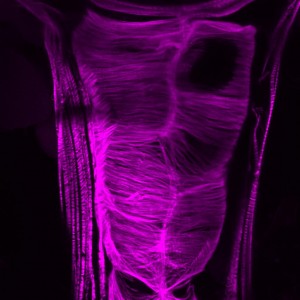
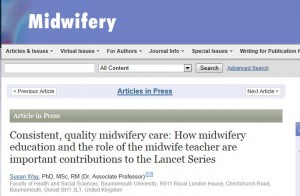
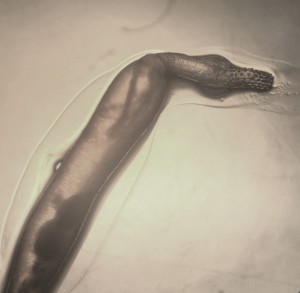
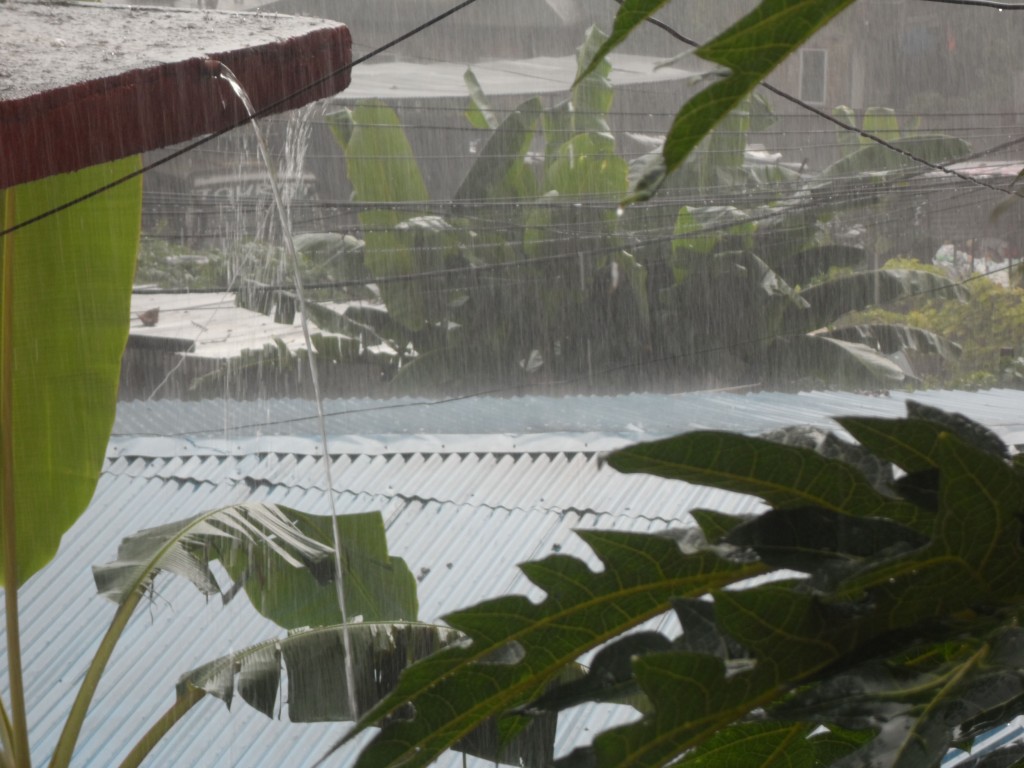



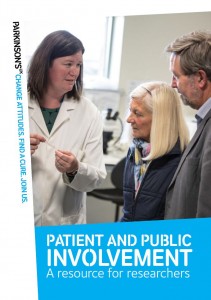
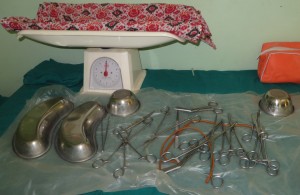
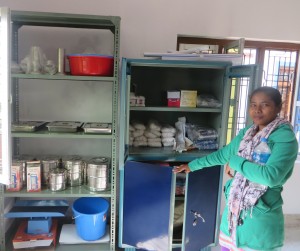
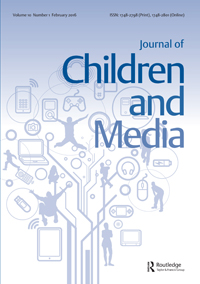
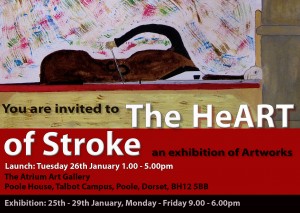
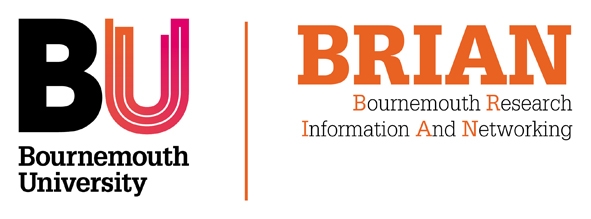

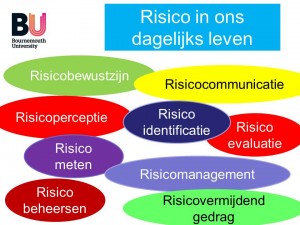
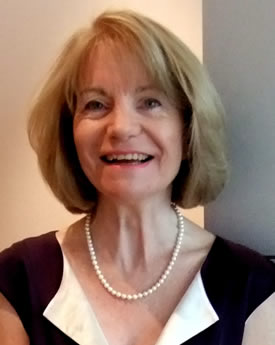











 BU paper among top 20 most cited papers
BU paper among top 20 most cited papers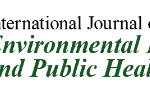 Nepal migrant workers returning from India
Nepal migrant workers returning from India New BU midwifery publication
New BU midwifery publication MSCA Postdoctoral Fellowships 2025 Call
MSCA Postdoctoral Fellowships 2025 Call ERC Advanced Grant 2025 Webinar
ERC Advanced Grant 2025 Webinar Horizon Europe Work Programme 2025 Published
Horizon Europe Work Programme 2025 Published Horizon Europe 2025 Work Programme pre-Published
Horizon Europe 2025 Work Programme pre-Published Update on UKRO services
Update on UKRO services European research project exploring use of ‘virtual twins’ to better manage metabolic associated fatty liver disease
European research project exploring use of ‘virtual twins’ to better manage metabolic associated fatty liver disease